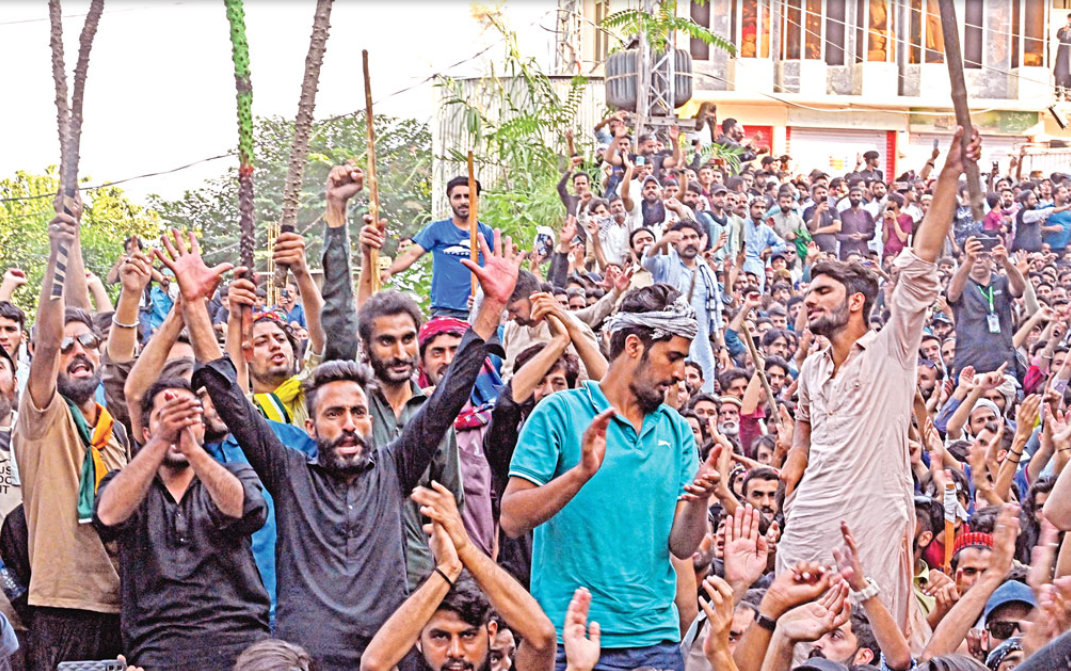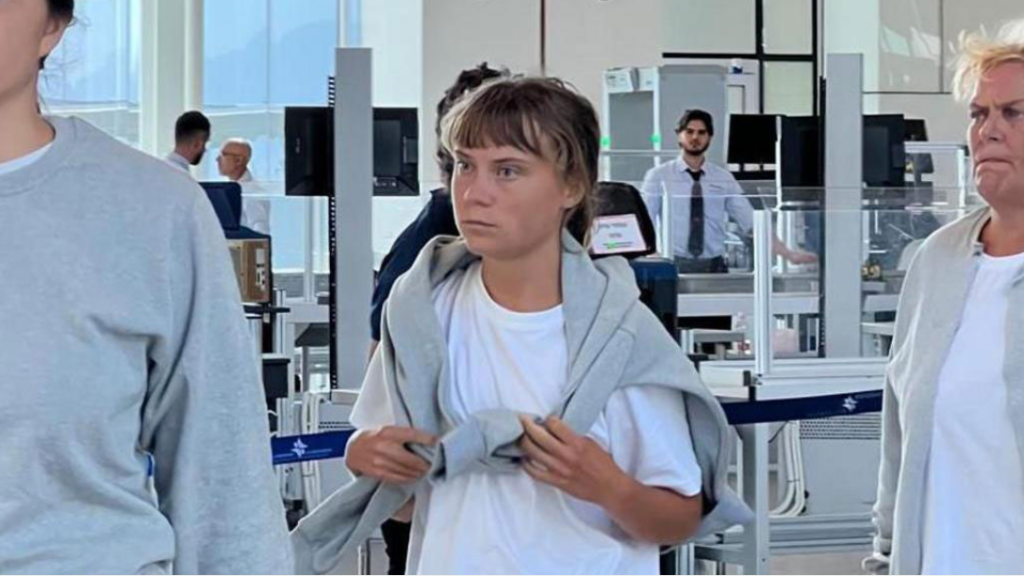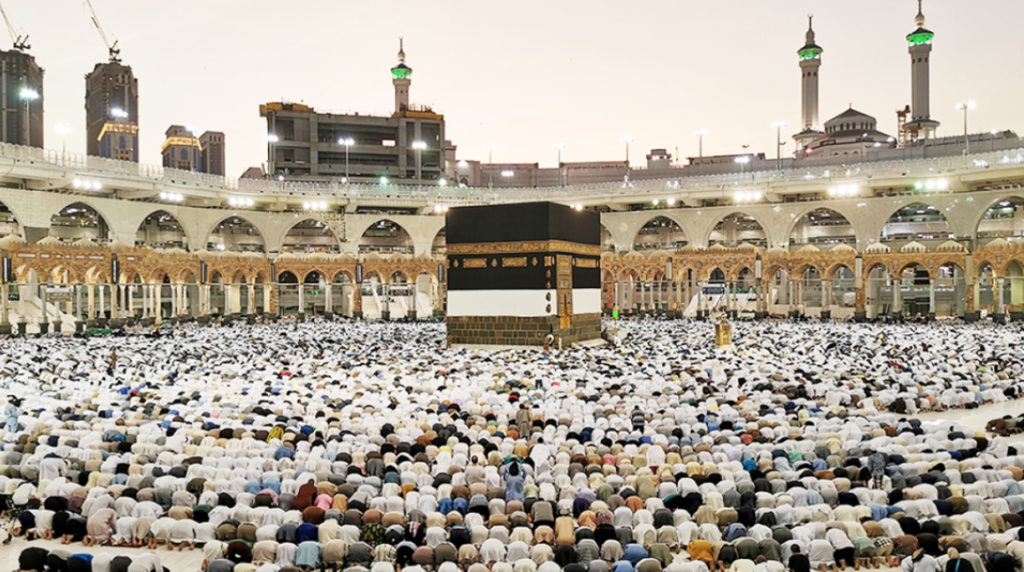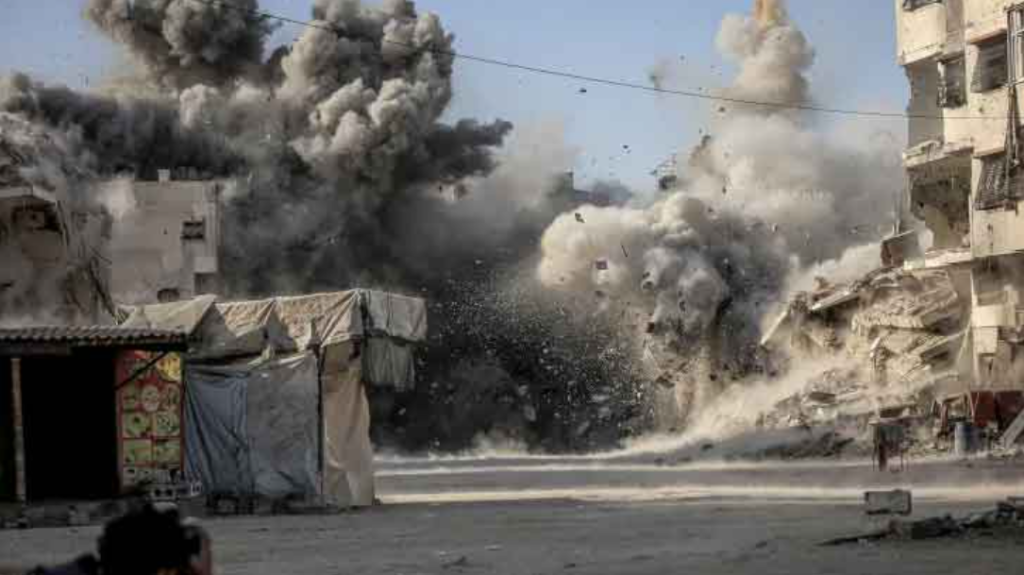Desk Report:
Protesters in Pakistan-administered Kashmir observed a strike for the fourth day on Thursday over 38 demands. At least 9 people have been killed in the ongoing violence. However, protesters claim that the death toll has exceeded 15. Among them are three police officers. The protesters’ main demand is to reduce the fringe benefits of government officials. The authorities and protesters were scheduled to meet again on Friday.
Protests in Pakistan-administered Azad Kashmir began on September 29. The lockdown program was called for from that day by the Jammu and Kashmir Joint Awami Action Committee (JAAC). This organization mainly represents business and civil society. Activities in some districts have come to a standstill due to the lockdown. Internet and mobile networks have been shut down in ‘Azad Jammu and Kashmir’ (as it is known locally) since September 28. JAAC leaders said that the protests began due to the failure to reach an agreement with the government on 38 demands.
The provincial government of Pakistan-administered Kashmir is semi-autonomous. There is a provincial prime minister and a legislative assembly. According to the 2017 census, the population of the region is around 4 million. The current unrest first began in May 2023, when residents took to the streets to protest against abnormal electricity bills. At the same time, there were allegations of flour smuggling and a severe shortage in the supply of subsidized wheat. People aggrieved by various issues came together in August of that year to form an organized resistance. In September, they gathered in Muzaffarabad and formally established the JAAC.
The movement first turned into a major clash in May 2024. At least five people, including a policeman, were killed in clashes with security forces when protesters began a long march towards Muzaffarabad. The protests were then suspended after Pakistani Prime Minister Shahbaz Sharif agreed to reduce the price of flour and reduce electricity tariffs. But the peace in the region did not last long. In August this year, the JAAC announced that they would start another round of lockdown. In addition to economic issues, they raised some other demands this time.
This time, 38 demands have been put forward to the government. These include free education and healthcare, major infrastructure projects and changes to the structure of the provincial legislature. But the top demand is the removal of fringe benefits for government officials. Currently, senior government officials enjoy two official cars, a personal assistant and a bodyguard, and unlimited fuel for government vehicles. During the May 2024 protests, the government had promised to form a commission to review these benefits.
It has also demanded the removal of 12 seats reserved for refugees in the regional legislature. The JAAC says the refugees came from Indian-administered Kashmir after the 1947 partition. But they have now formed a powerful political bloc and monopolized development funds. The demands also include the withdrawal of cases filed during the 2023 and 24 protests, tax exemptions, creation of employment opportunities, and the construction of tunnels and bridges to connect the hilly region with the rest of Pakistan.
To quell the protests, the local administration has imposed a communication blackout and ordered the closure of educational institutions indefinitely. However, the deployment of paramilitary forces and additional police from other parts of the country has created controversy. JAAC is opposing the deployment of paramilitary forces.
While the Pakistani central government has said that 9 people have been killed in the clashes, local officials have put the number at 15. Azad Kashmir Finance Minister Abdul Majeed Khan said that a delegation has already arrived in Muzaffarabad to resolve the crisis. They will hold talks with the protesters. The government has accepted the demands raised during the protests last year. But even then, before holding new protests, they should have understood that not everything can be resolved overnight.
Majeed Khan also said that the government has agreed to accept most of the 38 demands. There has been a stalemate in the discussions on two issues. They are seats in the legislature for refugees and the abolition of additional benefits for government officials.
No solution was reached in the discussions between government representatives and JAAC members on Thursday. The two sides were supposed to meet again for talks on Friday. But the problem is that trust has been lost between them.




